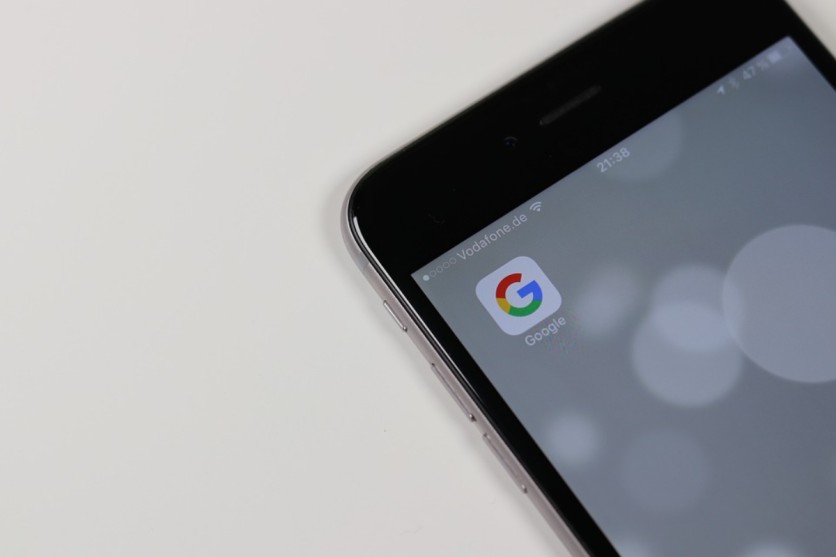
Google contractors were instructed to lie and mislead to collect facial recognition data to improve the biometric features of the Pixel 4.
According to sources involved in the project, they were dispatched to target homeless people and college students and were told to conceal the fact that faces were being recorded to maximize the data they can gather.
Google Needs Facial Scans For Pixel 4
Last summer, Google admitted that its employees were gathering face scans in several cities in the United States to improve the face unlock feature of Pixel 4. Those who agreed to participate got a $5 gift certificate in exchange.
Previous studies have discovered that facial recognition have a hard time identifying people with darker skin tones. To ensure that the anticipated new smartphone would not encounter the same problem, Google needed to create a massively diverse database for its machine learning.
"Pixel 4's face unlock will be a powerful new security measure, and we want to make sure it protects as wide a range of people as possible," a spokesperson for the company said.
Contractors Lied To Collect Data
However, several people spoke to the New York Daily News to report that contractors were instructed to adopt misleading methods to procure the data the company needed.
Contractors known as TVCs (temps, vendors, contractors) were dispatched to approach college students in college campuses in the United States, homeless people in Atlanta, attendees of the BET Awards in Los Angeles to collect face scans.
These TVCs were paid through the third-party employment firm Randstad. While Google might not be aware that the TVCs were lying and misleading people to gather data for the project, supervisors at Randstad encourage some workers to lie, the sources said.
Some people who unknowingly participated in the project were told that it was a "selfie game." Others were told to just play with the phone for a few seconds in exchange for a $5 gift certificate.
They were also told not to tell participants that their faces were being recorded.
One source said that a team was sent to Atlanta to target black people, including those who are homeless. They said that homeless people are less likely to speak to the media.
Meanwhile, students on college campuses were also targeted because they often live on tight budgets and would accept gift cars.
The New York Daily News spotted two TVCs inside the main library at California State University Long Beach in August. A student who participated was told that the project involved Android, but not Google. She also was not aware that her face was being scanned.
"They said they wanted us to test out a new phone, an Android. I put in my email," she recounted. "My guy told me to do it all really quick. He kept saying, 'Hit next and upload. Next and upload.' I thought they were students. We're new here and trying to make friends."
In a statement, a spokesperson for Google said that the company is currently investigating the allegations.
ⓒ 2025 TECHTIMES.com All rights reserved. Do not reproduce without permission.




